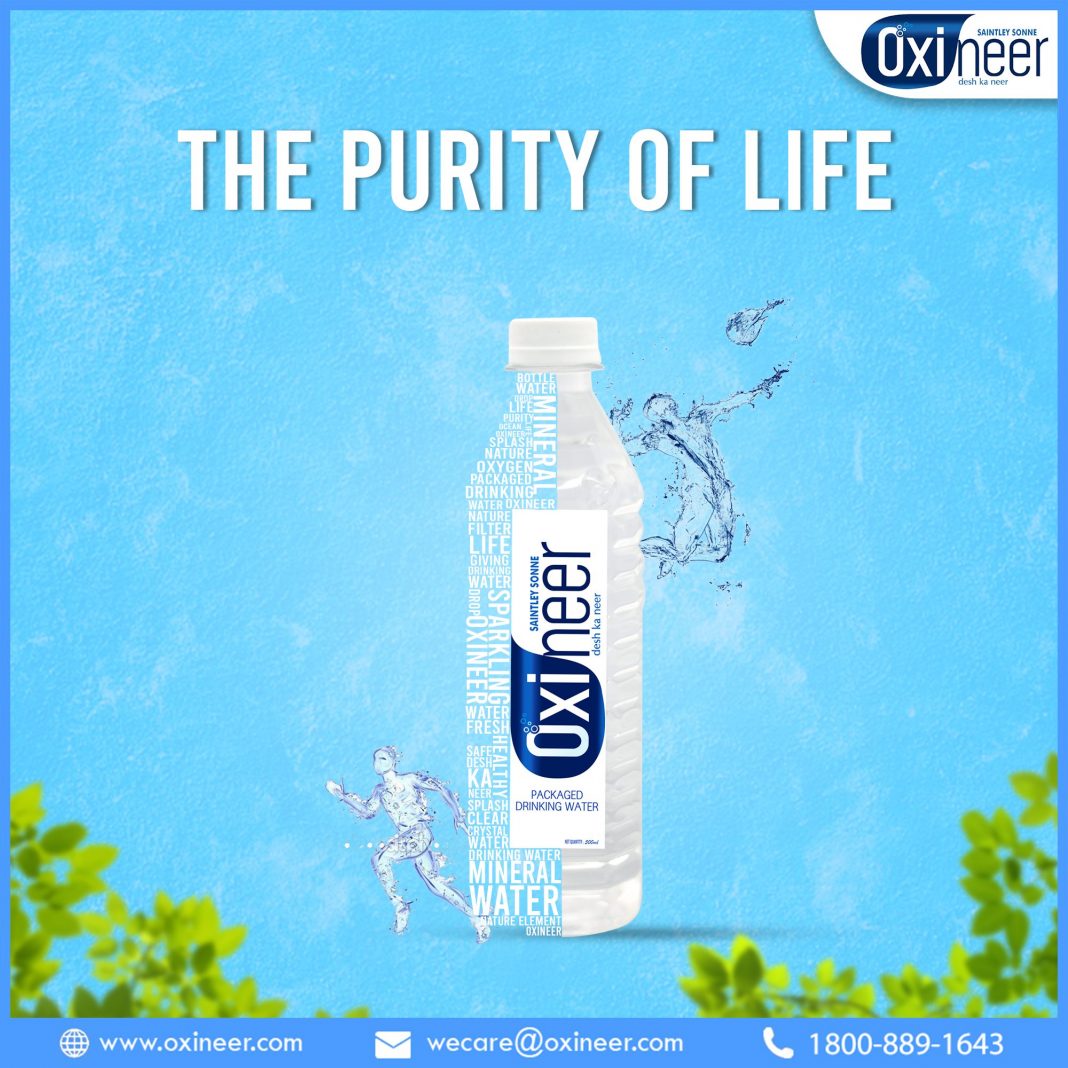Mineral water is a basic requirement for living a healthy lifestyle. Our body is made up of 60% of water hence water plays a major role inside us. All the nutrients, vitamins and essential minerals are circulated in our body through water. Packaged Drinking Water keeps us hydrated and also effects our body in many ways.
How water is affecting our body in and its majestic values
Whenever we travel to any part of the country, the only thing which is consistent is packaged mineral water. Yes! When ever we are out, we used to carry a water bottle with us and definitely it should be not any normal water, we need “natural mineral water”. The reason behind carrying natural mineral water is to avoid water related diseases. Every year waterborne diseases trap a lot of people, mainly those who are living without taking proper safety measures and are not getting proper access of mineral water.
Many sources of mineral drinking water are subject to contamination and require appropriate treatment to remove diseases that are caused by contaminated water. Contamination of consuming water can occur in various sources of water also, in distribution system. We have seen many sources that include a lot of harmful chemicals within, including pesticides, uranium, radon and arsenic. These chemicals when get mixed with natural water sources and consumed by people, causes many harmful waterborne diseases. For avoiding such dangerous situations to occur, you should opt for something which is safe and pure. Here, we should trust on packaged mineral water.
Significance of Packaged Mineral Water
Packaged drinking water is obtained from pure and safe sources. Still, they go through a proper process before reaching to you. A process that includes several steps like- filtration, UV or ozone treatment, reverse osmosis (RO) and then packaged in hygienic bottles or pouches, either plastic or glass. Packaged water doesn’t contain any sort of sweeteners or chemical additives other than flavors, extracts or essence. This is calories free and sugar free that is fit for drinking. India’s packaged bottle water industry has been value at very convenient and affordable level.
When did Packaged Water become such an Essential Item?
Packaged Mineral water is a commodity without which we find difficult to move around. Its necessity and majestic values have spurred the water industry to grow at this exponential rate. Rising health awareness, poor quality of tap water, increase in tourism and easy availability of bottle water, contributed to a huge increment in the per capita consumption of bottled water in our country.
Water comes from natural underground reservoirs and mineral springs; it gives a higher range of minerals than tap water. According to Food and Drug Administration (FDA), mineral water should contain at least 250 parts per million of total dissolved solids. Minerals that should be in packaged water are- Calcium, Magnesium, Potassium, Sodium, Bicarbonate, Iron and Zinc.
Importance of Different Minerals in Water
Many people prefer mineral water due to its perceived purity and the lack of chemical disinfection treatment. Mineral water undergoes with several steps. This include adding and removal of carbon dioxide gas or eliminating toxic substances.
CO2 helps prevent oxidation and limits bacterial growth in mineral drinking water. Naturally carbonated water gets its CO2 from the source. Manufacturers can also infuse their water with CO2 after extraction. Having low levels of magnesium may contribute to high blood pressure, congestive heart failure, and conditions that cause irregular heartbeats. Mineral water may contain large amounts of calcium, magnesium, and potassium, all of which promote blood circulation.
Calcium is necessary for building and maintaining strong bones. It also regulates the rate and rhythm of the heartbeat. Getting enough magnesium in the diet can help prevent constipation and improve the health of the digestive system. Magnesium draws water into the intestines, which improves stool consistency. It also relaxes the intestinal muscles, supporting regular bowel movements.

